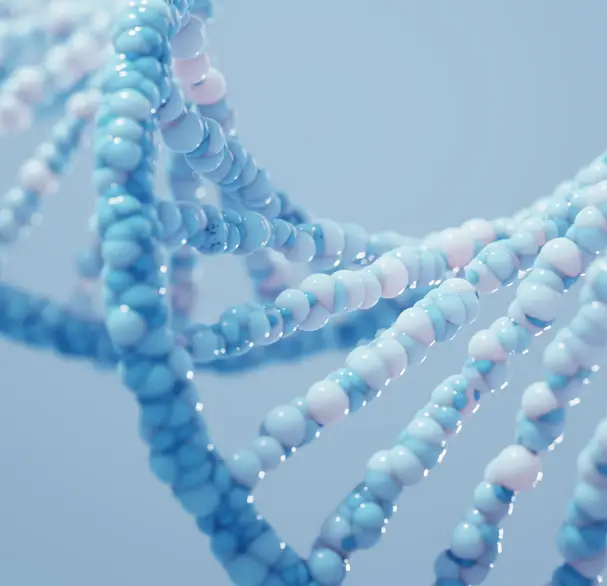For Mia Linden, living with Lynch syndrome has never been just a personal journey – it’s become a mission to ensure no one else has to walk the path alone. Diagnosed with her first cancer at age 37, Mia has spent the past two decades navigating life with Lynch syndrome. Her story is one of resilience, advocacy, and the transformative power of knowledge.
For Mia Linden, living with Lynch syndrome has never been just a personal journey – it’s become a mission to ensure no one else has to walk the path alone. Diagnosed with her first cancer at age 37, Mia has spent the past two decades navigating life with Lynch syndrome. Her story is one of resilience, advocacy, and the transformative power of knowledge.
“Knowledge is power,” Mia emphasizes. “You can’t bury your head in the sand. If you know you’re a carrier, you can protect yourself and your children from more invasive treatments.” Her message is clear: early detection and regular monitoring can make all the difference. Listening to your body – fatigue, symptoms, anything unusual – is crucial. “You need to react. That’s how you get ahead of things.”
But when Mia was first diagnosed, she found herself in a vacuum. There were no support groups, no networks, no guidance in her native country of Finland. Determined to change that, she began making calls, contacting doctors, organizations, and building connections. Though initial efforts didn’t yield results, Mia didn’t give up.
Drawing from years of engagement with the UK’s active Lynch syndrome community, she attended the Lynch Syndrome Awareness Day Patient Conference in Birmingham. There, she experienced firsthand the power of organized support and collaboration between researchers and patients. “Abroad, some hospitals even have dedicated Lynch departments,” she notes.
Inspired, Mia helped establish Colorectal Cancer Association of Finland, Colores. Today, the group has over 200 members. It offers tailored peer support, Zoom meetings, a Facebook community, and free educational guides developed with researchers, clinicians, and legal advisors. “Anything can happen, but you can survive anything too,” Mia says. “With awareness, you can lead a happy and fulfilled life.”
Her advocacy extends beyond medical facts. Mia speaks openly about how Lynch syndrome affects family dynamics, mental health, and the emotional journey of acceptance. “You have to walk through the stages of grief – you can’t skip them. You need time to adjust.” Her family’s story was also featured in the Finnish Pink Ribbon campaign during the COVID-19 pandemic, helping lower the threshold for public conversations about hereditary cancer. The Pink Ribbon campaign by the Cancer Foundation is Finland’s largest initiative dedicated to beating cancer and it encompasses all cancers. Contributions help advance Finnish cancer research and provide support for those affected by cancer and their families.
Mia’s message is one of hope and realism: “Things happen, but life goes on.” She champions the normalization of Lynch syndrome, encouraging people to face their fears and seek support. She’s even organized testing for patients with medical anxiety, ensuring that fear doesn’t become a barrier to care.
Through her work, Mia Linden has created a legacy of empowerment. Thanks to her, hundreds of Lynch syndrome carriers in Finland now have access to community, information, and the reassurance that they are
not alone.


